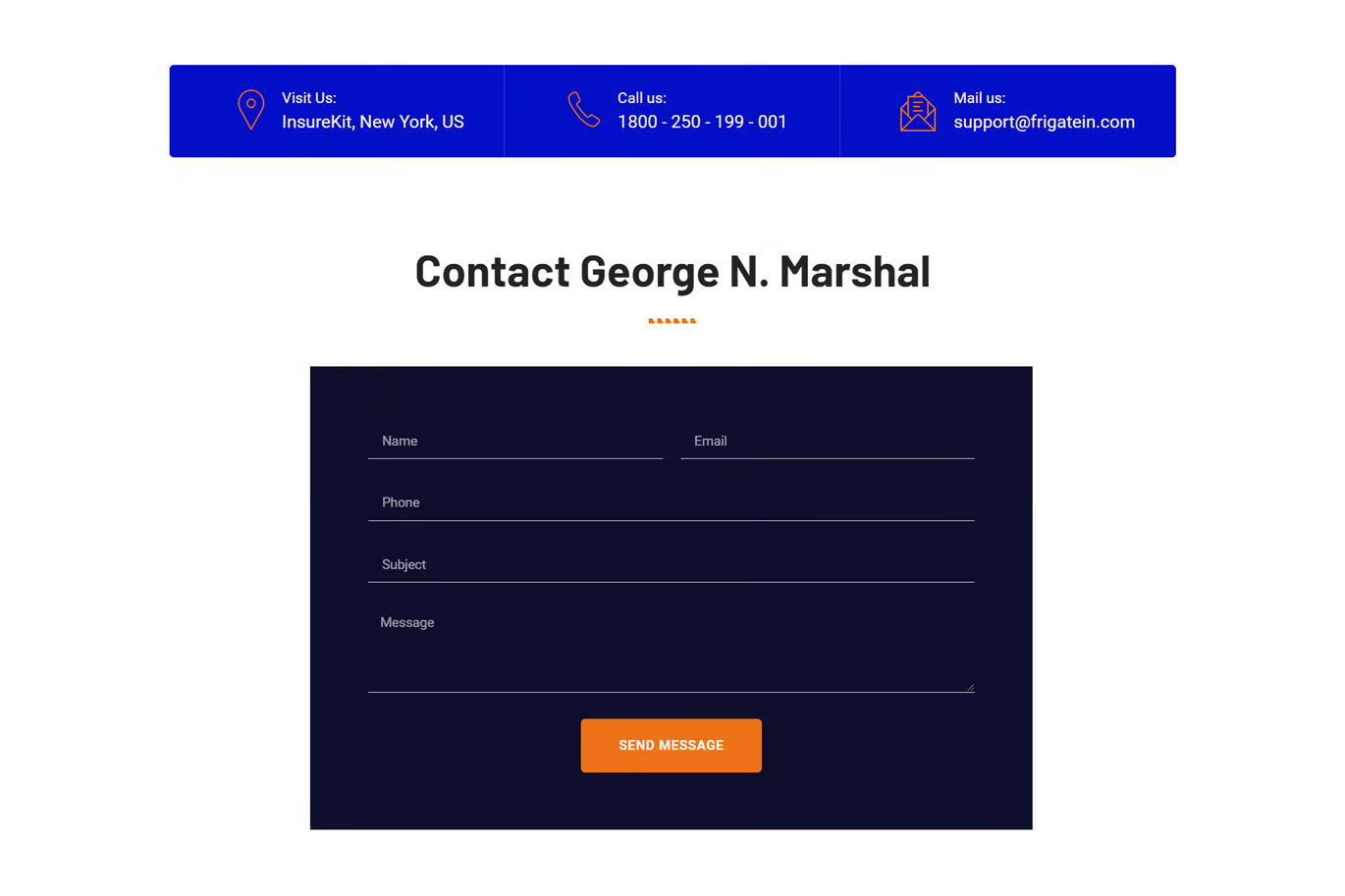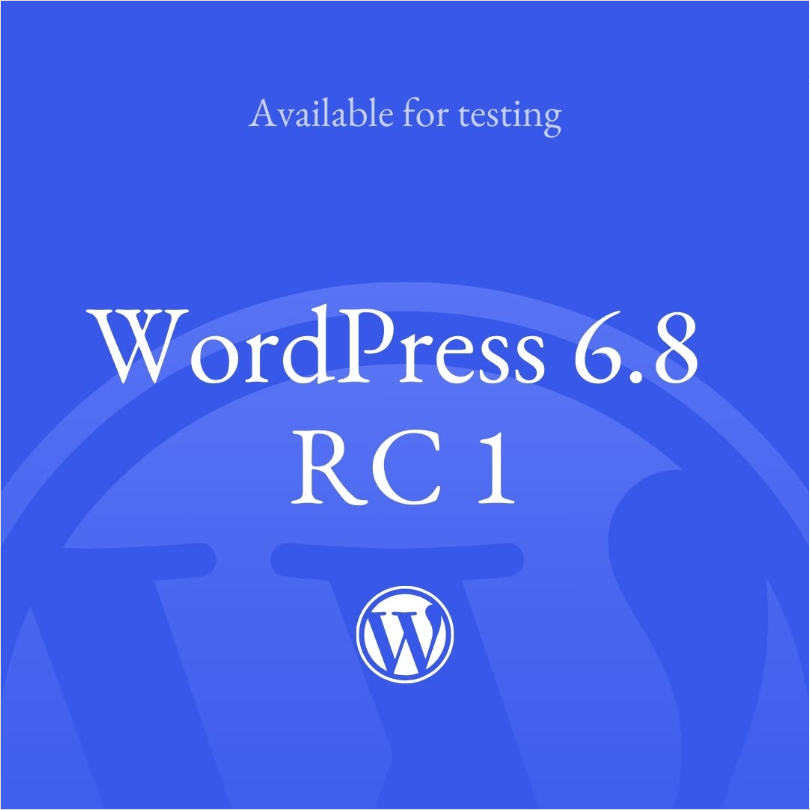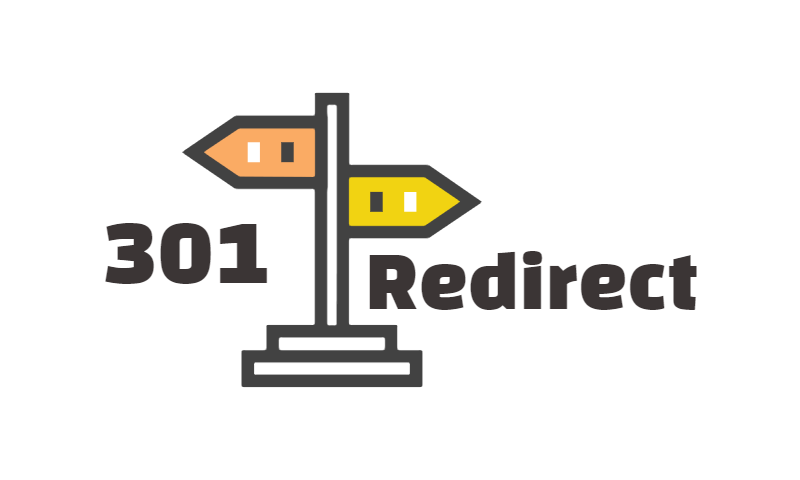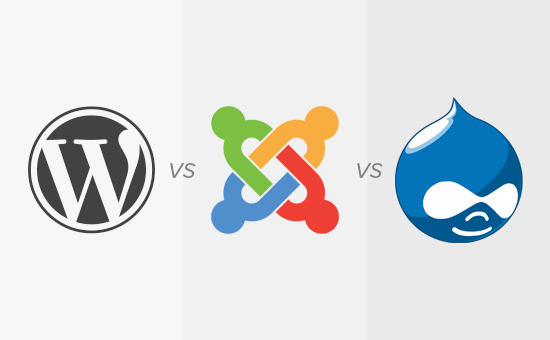More and more individuals and businesses are looking to build a website to establish their brand's official website, blog, online store or content platform. The first step is to choose a suitable website building tool, especially a content management system (CMS).WordPress together with Drupal As the two mainstream open source CMS, often compared, but for newcomers, from the following content to take you step by step to understand.
![Picture [1]-Newbie station with WordPress or Drupal, a comprehensive comparison of the operating experience and start difficulty](http://gqxi.cn/wp-content/uploads/2025/06/20250627105748874-image.png)
I. Basic introduction: WordPress vs. Drupal
| sports event | WordPress | Drupal |
|---|---|---|
| Release time | 2003 | 2001 |
| user orientation | Bloggers, small businesses, startup teams, individual users | Government, education, enterprise, developer-oriented sites |
| technological threshold | Available to non-developers | Recommended users or teams with a technical background |
| Installation Difficulty | Extensive one-click installation support | Multiple installation steps and demanding environment |
summarize: WordPress is lighter and friendlier, Drupal is more powerful but has a higher threshold.
II. Comparison of ease of installation and deployment
WordPress:
- Support one-click installation (supported by many hosting providers such as SiteGround, Bluehost, Aliyun, etc.)
- Upload the WordPress program, configure the database and you're up and running!
- Operated by novice users through a graphical interface, requiring little command line or FTP knowledge
![Picture [2]-Newbie station with WordPress or Drupal, a comprehensive comparison of the operating experience and the difficulty of getting started](http://gqxi.cn/wp-content/uploads/2025/06/20250627105902491-image.png)
Drupal:
- The installation process is relatively complex and requires more parameters to be configured
- Default Required ConfigurationPHPExtensions, database permissions, file directory permissions, etc.
- If the server environment is not properly configured, it is easy to encounter problems during the installation phase
reach a verdict: WordPress installations are easier for novices to get started; Drupal is for developers familiar with the LAMP/LEMP environment.
Third, the background interface and operation experience
WordPress:
- Backend UI is modern, clean, modular and easy to understand
- Frequently used functions such as: article publishing, menu management, widgets, plugin management, at a glance
- visual editing through page builders such as Elementor.Can be operated with absolutely zero code
![Picture [3]-Newbie station with WordPress or Drupal, a comprehensive comparison of the operating experience and the difficulty of getting started](http://gqxi.cn/wp-content/uploads/2025/06/20250627114251457-image.png)
Drupal:
- The backend interface is powerful but cumbersome, so newbies can easily get lost
- Concepts such as content types, fields, views, etc. take time to understand
- Does not support visual page editing, you need to understand the "structure first" concept of building a website.
reach a verdict: WordPress backend logic close to the average user, Drupal bias developer logic.
![Picture [4]-Newbie build a website with WordPress or Drupal, a comprehensive comparison of the operating experience and start difficulty](http://gqxi.cn/wp-content/uploads/2025/06/20250702223510982-image.png)
IV. Theme and page design difficulty
WordPress:
- Tens of thousands of free + paid themes, one click to install and use!
- Support for visualization builder (Elementor(Divi, Beaver Builder)
- Drag-and-drop layout, zero code to make professional pages quickly
- Installed and ready to use
![Picture [5]-Newbie station with WordPress or Drupal, a comprehensive comparison of the operating experience and start difficulty](http://gqxi.cn/wp-content/uploads/2025/06/20250627142559875-image.png)
Drupal:
- Theme ecosystem is smaller and most themes are more customizable
- Page construction relies on module combinations or handwritten templates (e.g. Twig)
- Available visual editors are less mature than WordPress
reach a verdict: WordPress has a huge advantage in the visual building experience and is preferred by newbies.
V. Content publishing and management experience
WordPress:
- Posting is like blogging, the interface is WYSIWYG!
- Editor supports embedding of images, videos, block quotes, etc.
- Media library, tag categorization, URL optimization is very intuitive to operate
![Picture [6]-Newbie station with WordPress or Drupal, a comprehensive comparison of the operating experience and start difficulty](http://gqxi.cn/wp-content/uploads/2025/06/20250627143234281-image.png)
Drupal:
- Content types are customizable, but fields and content models need to be built first
- Manager is feature-rich but slightly complex
- Ideal for structured content management, such as courses, resource libraries, news centers, etc.
reach a verdict: If you want to "point and write", WordPress is more suitable; Drupal is suitable for projects with complex logical structure of content.

VI. Plugin/module ecology and extension experience
| comparison term | WordPress | Drupal |
|---|---|---|
| Number of available extensions | Over 60,000+ plugins | Approx. 40,000 modules with high quality and professionalism |
| Installation and configuration methods | One-click installation and user-friendly interface | Most modules require developer configuration, some require command line operation. |
| Non-technical user experience | Clear plugin description, active marketplace, lots of ratings | Module naming terminology is technical and relies on official documentation for understanding |
reach a verdict: The WordPress plugin ecosystem is better suited for non-developers, and Drupal is better suited for developers who understand architecture and module logic.
VII. Novice community and learning resource support
| comparison term | WordPress | Drupal |
|---|---|---|
| Instructional Videos/Documents | Massive, rich in B-site, YouTube, Chinese sites | Favor English documents, relatively few Chinese resources |
| Q&A community/forum | WordPress.org, Stack Overflow Active | drupal.org Technical atmosphere is strong but the barriers are high |
| Localization Support | Good Chinese backend and translation support | Chinese translation partially completed, interface terminology is technical in nature |
reach a verdict: The WordPress community is highly inclusive of newbies and has many resources; Drupal has a steeper learning curve.
Eight, the typical novice use of the scene recommended
| utilization requirement | Recommended Platforms | rationale |
|---|---|---|
| Blogging, self-publishing | WordPress | Quick to get started, many themes, SEO friendly |
| Simple Enterprise Official Website | WordPress | Rapidly deployable, easily managed pages and content |
| Technical Learning Building | Drupal | Better suited for training module design, access control and structural modeling skills |
| Multi-person collaboration, complex content management | Drupal | Ideal for developer teams to organize content types and workflows |
Nine, the newbie to build a site to choose which is easier?
| dimension (math.) | Platforms more suitable for newbies |
|---|---|
| Deployment | ? WordPress |
| Backend Interface Ease of Use | ? WordPress |
| Page design and visual editing | ? WordPress |
| Content Publishing Experience | ? WordPress |
| Abundance of community resources | ? WordPress |
| Advanced Structural Modeling | ? Drupal |
| Technical development freedom | ? Drupal |
X. Conclusion: What to choose if you are a beginner?
- Pick WordPress if you are:
- First time to build a website
- Don't know the code.
- Want to go live with content quickly
- Requires a large selection of theme templates and plugins
- Pick Drupal, if you are:
- Technical users may have development support
- Emphasis on content structure and permission control
- Plans to operate a multilingual, large-scale website platform
- Highly customized development is desired for the future
Link to this article:http://gqxi.cn/en/63602The article is copyrighted and must be reproduced with attribution.























![Emoji[jingya]-Photonflux.com | Professional WordPress repair service, worldwide, rapid response](http://gqxi.cn/wp-content/themes/zibll/img/smilies/jingya.gif)






No comments